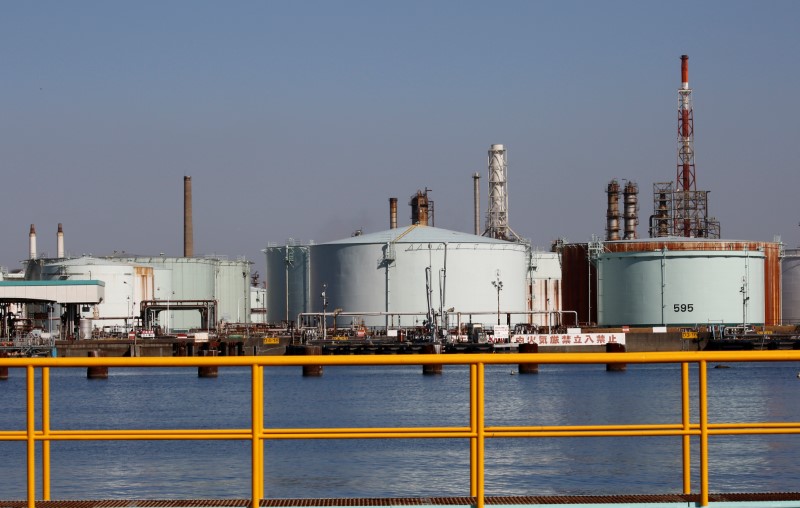(Bloomberg) -- The fast-spreading delta virus variant is on the march through a largely unvaccinated Southeast Asia, forcing restrictions on work and mobility that are taking the shine off the wider region’s recovery in energy demand.
Indonesia, Southeast Asia’s biggest economy, is being wracked by a particularly brutal wave of Covid-19, with movement curbed in the industrial heartland of Java and the tourist enclave of Bali. Malaysia is still in the midst of a nationwide lockdown, while Thailand has just stepped up restrictions.
The mobility curbs and a lack of success in reining in delta are prompting downward revisions in forecasts for consumption of fuels, particularly gasoline. Indonesian motor fuel demand will drop by 8% in the third quarter compared with May, before the virus resurgence started having a major impact on the economy, FGE forecasts. In Malaysia, it will plunge by 17% over the same period, the industry consultant said.
Daily traffic levels in Indonesia have fallen by around a fifth this month from June, Apple (NASDAQ:AAPL) Mobility data and Bloomberg calculations show.
Delta’s spread through Southeast Asia -- which has a population about twice that of the U.S. -- is a fresh headwind for Asian refiners struggling with still-depressed processing margins. Indian energy demand is yet to fully recover from the vicious virus wave in April and May, while in China there are signs the nation’s V-shaped economic rebound from Covid-19 is slowing.
Further south, Australia has been spared the high death tallies of its neighbors but the largest city of Sydney remains locked down and traffic has dipped.
“Conditions continue to be stacked against fuel consumption” and this is weighing on margins, said Peter Lee, a senior oil and gas analyst at Fitch Solutions. Indonesia, Malaysia and Australia together account for 17% of Asia-Pacific gasoline demand and about 14% of diesel consumption, he said.
Malaysian diesel demand will drop 15% this quarter from May, while in Indonesia it should stay roughly steady, FGE said. The tightened restrictions won’t have as much impact on diesel as most industrial activity in Indonesia is still permitted, according to Grayson Lim, a senior oil market analyst at the industry consultant.
Snapshots of commuter activity show the situation is more dire for gasoline consumption. Daily traffic levels are down 21% so far this month in Indonesia from June’s average, with driving activity around 88% of its January 2020 baseline, according to the Apple Mobility data and Bloomberg calculations. The decline for Australia is 3% compared to June’s average.
The impact of the tighter movement restrictions will be more visible in another week, Irto Ginting, acting spokesman for Pertamina Patra Niaga, a unit of Indonesia’s state-owned PT Pertamina, said on July 7.
©2021 Bloomberg L.P.
